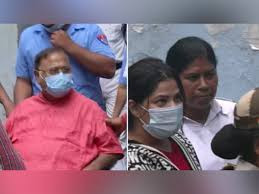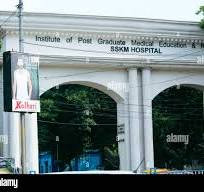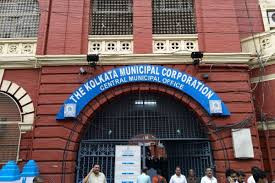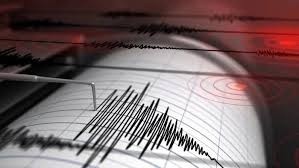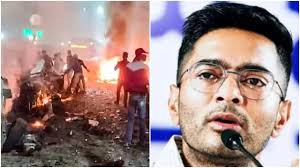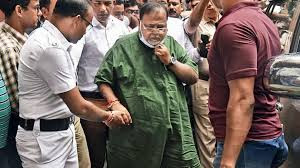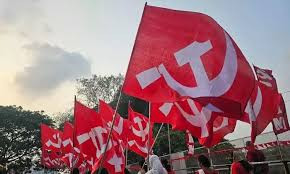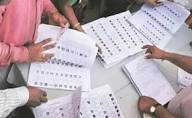Bengal Governor Submits Report to Centre on Murshidabad Unrest Following Protests Against Waqf Amendment Act
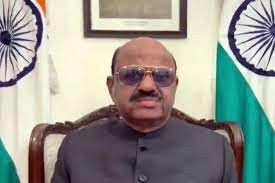
IIE DIGITAL DESK : West Bengal Governor C.V. Ananda Bose has submitted a comprehensive report to the Union Ministry of Home Affairs detailing the tense situation in Murshidabad following widespread protests over the newly enacted Waqf (Amendment) Act, 2025. The report comes in the wake of violent demonstrations that erupted across the district, leading to multiple injuries, disruptions to public life, and heightened communal tensions. The Governor’s intervention is being viIIE DIGITAL DESK : West Bengal Governor C.V. Ananda Bose has submitted a comprehensive report to the Union Ministry of Home Affairs detailing the tense situation in Murshidabad following widespread protests over the newly enacted Waqf (Amendment) Act, 2025. The report comes in the wake of violent demonstrations that erupted across the district, leading to multiple injuries, disruptions to public life, and heightened communal tensions. The Governor’s intervention is being viewed as a significant development as the Centre closely monitors the law and order situation in the state.
The Waqf (Amendment) Act, 2025, introduced by the Union government earlier this year, has sparked considerable opposition in Muslim-majority areas, particularly in Murshidabad, where large sections of the population view the legislation as a direct interference in the management of Islamic charitable properties. One of the most controversial aspects of the law is the provision that allows non-Muslim members to be appointed to state Waqf Boards, along with amendments to property usage and legal oversight, which many community leaders argue violates religious autonomy and tradition.
The protests in Murshidabad began peacefully but soon escalated into violent clashes between demonstrators and the police. Protesters reportedly blocked railway lines, damaged public property, and clashed with law enforcement officers, forcing police to resort to lathicharge and tear gas to control the situation. Several trains were cancelled or rerouted, and internet services were suspended across the district as a precautionary measure to curb the spread of misinformation and incitement. The Governor, in his report to the Centre, highlighted the intensity of the protests and expressed concern over the potential for further unrest if timely action is not taken.
Governor Bose also held meetings with top officials in the West Bengal administration and directed the state government to submit a detailed action plan on how it intends to handle the situation and prevent further flare-ups. In addition to the administrative response, the Governor emphasized the need for dialogue and outreach to the aggrieved communities, urging state authorities to open communication channels and dispel fears about the new law. He noted that while the legislation is a matter of central jurisdiction, its implementation must be handled sensitively, especially in districts with a high density of minority populations.
The situation has also drawn judicial attention. The Calcutta High Court has stepped in and ordered the deployment of Central Armed Police Forces in the violence-hit areas, a move that underscores the seriousness of the situation. The court has sought a status report from the state government and scheduled the matter for a detailed hearing in the coming days. Meanwhile, political reactions have been swift, with opposition parties accusing the ruling Trinamool Congress government of mishandling the protests and the BJP reiterating its support for the Waqf reforms, calling them necessary for transparency and equality.
As the Centre reviews the Governor’s report, the unfolding developments in Murshidabad have not only brought the spotlight back on the sensitive issue of Waqf property governance but also sparked a broader debate on religious rights, state-centre relations, and law enforcement preparedness in volatile regions. The coming days will be critical in determining how the unrest is contained and whether the administration can effectively bridge the growing trust deficit between the state and its communities.
You might also like!



